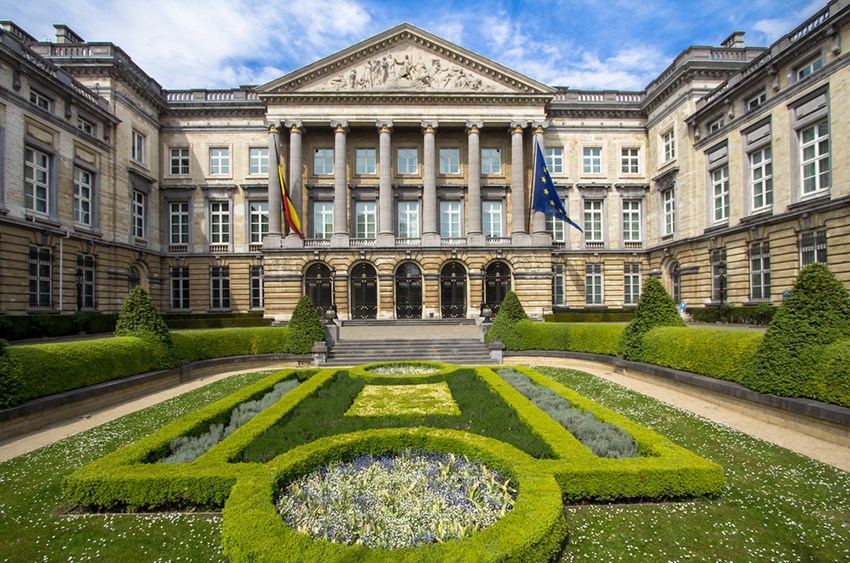A number of academic studies have pointed out the danger of the rise of xenophobic, anti-minority parties in countries with Proportional Representation, or PR. A smaller percentage of votes translating into seats in legislatures has helped fringe elements gain bigger platforms.
Today, we face terrorism and refugee crises, driving a populist backlash. There's an obvious historic parallel: the interwar years in Europe.
In the midst of a terrible economic crisis, and rising nationalism in the wake of the Versailles treaty, the systemic instability inherent in PR became a source of danger to democracy. But somehow, only the countries with Proportional Representation encountered major political instability.
Fifteen European democracies with PR systems collapsed and gave rise to authoritarian governments. Germany was a prime example, with repeated failures to produce a stable government. The 14 years of the Weimar Republic saw 20 coalition governments – ultimately ending in the Nazi party taking control.
Not a single democracy with First Past the Post, or FPTP, suffered a similar fate. The danger to democracy was strongly connected to, and enabled by, the instability produced by proportional representation.
What lessons can we draw?
Both FPTP and PR demand demands the art of compromise and coalition building. The key difference is when that happens.
First Past the Post encourages coalitions to form before elections. To capture a large number of seats, parties need a bigger umbrella of different electoral interests and social groups. Thus, they must reject smaller, xenophobic hate-oriented groups and instead develop a broader, more inclusive message for electoral victories.
On the other hand, PR focuses on forming coalitions after elections. With even a small percentage of votes, fringe groups can gain seats, and a bargaining chip.
Forming coalitions often takes a long time. In 2011, it took 541 days to build a coalition in Belgium. Imagine no government in B.C. for eighteen months – and what that would do to our economy.
This causes more and more instability, which helps fringe groups agitate against the state.
It becomes a double-edged sword: PR helps the far right to consolidate and expand their electoral base. Even a small percentage of votes assures parliamentary seats, and those seats gives them legitimacy, and a voice on a bigger platform.
That voice becomes even louder if they secure a place in a governing coalition, and a chance to implement even part of their agenda, which helps expand their vote in future elections.
Sometimes, the advantages of FPTP lay in what it prevents.
In Pakistan, we recently witnessed another example of FPTP producing a stable government, and keeping that country’s far right out of the mainstream. Pakistan suffers from a heavy presence of Islamist fundamentalists and terrorist groups – but their electoral system doesn’t reward them.
Instead, larger parties tend to win individual seats. Under PR, we would almost certainly have seen supporters of the Taliban and ISIS become Pakistani Parliamentarians.
History and comparative studies of current electoral systems both show that the stability of First Part the Post is healthy for peace and harmony.
It has helped Canada achieve greatness in for 150 years. Why abandon it now?
Dr. Shinder Purewal is a professor of political science at Kwantlen Polytechnic University, a regular political commentator, and the author of two books, Tandoori Democracy and Sikh Ethnonationalism and the Political Economy of Punjab. He lives in Surrey.



